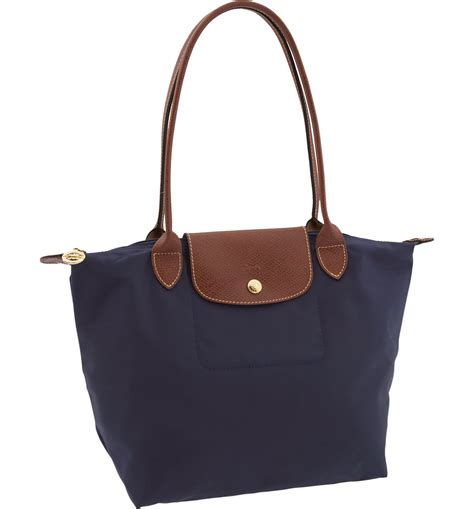ragazzo che trova il rolex | parma, un ragazzo senegalese trova un rolex, lo restituisce e
$132.00
In stock
The story of a young man finding a Rolex watch and returning it to its rightful owner is a classic tale of integrity and the unexpected rewards that often follow such acts of honesty. In the landscape of news often dominated by negativity, these stories serve as a potent reminder of the inherent goodness that exists within humanity. This particular narrative, unfolding in the province of Parma, Italy, is no exception. It resonates with similar stories of lost Rolexes, found and returned, that have captured public attention around the world, highlighting the enduring appeal of these luxury timepieces and the moral dilemmas they present to those who find them.
This article delves into the specifics of this Italian case, drawing parallels to other notable instances of found Rolexes, examining the motivations behind the act of returning such a valuable item, and exploring the broader social implications of these events. From the streets of Los Angeles to the bustling city of Parma, the narrative of the found Rolex speaks volumes about character, social responsibility, and the potential for positive change.
The Parma Incident: A Mantuan Entrepreneur and a Lost Treasure
The protagonist of our story is Gaye, a young man whose honest actions have brought him into the spotlight. The Rolex watch he discovered belonged to an entrepreneur from the province of Mantua. On November 9th, while in Parma for business, the entrepreneur unknowingly lost his valuable timepiece. The circumstances surrounding the loss remain somewhat vague – perhaps it slipped off his wrist, or maybe it was inadvertently left behind. Regardless, the loss was undoubtedly significant, both financially and potentially sentimentally.
Rolex watches are not merely time-telling devices; they are symbols of status, success, and often hold personal significance, representing milestones or cherished memories. The relief experienced by the Mantuan entrepreneur upon being reunited with his lost Rolex must have been immense.
Gaye's Decisive Action: A Testament to Integrity
Upon finding the Rolex, Gaye was faced with a crucial decision: keep the valuable watch, potentially selling it for a substantial sum, or attempt to locate its rightful owner. Choosing the latter, Gaye took the high road, demonstrating a strong moral compass and a commitment to doing the right thing. While the exact steps he took to return the watch haven't been detailed in every report, it's safe to assume he likely involved local authorities, such as the Carabinieri, or sought assistance from local businesses or residents.
His decision, a seemingly simple act of honesty, carries significant weight. In a world often driven by self-interest, Gaye's actions serve as a powerful counterpoint, reminding us that integrity and empathy remain vital virtues.
Echoes of Similar Tales: Found Rolexes and the Moral Compass
Gaye's story resonates with numerous other accounts of individuals finding and returning lost Rolex watches, each carrying its own unique context and consequences. Let's consider some of these parallels:
* The Stolen Rolex of Keanu Reeves: While not directly related to *finding* a lost Rolex, the theft and eventual recovery of Keanu Reeves' Rolex in Los Angeles highlights the value and allure of these watches, making them targets for theft. The emotional impact of losing such an item, regardless of one's financial status, is undeniable. The recovery of Reeves' watch brought a sense of justice and restoration, mirroring the feeling of relief experienced by the Mantuan entrepreneur.
* The Parma Street Vendor's Reward: The story of a street vendor in Parma who found and returned a gold Rolex exemplifies the potential for positive change that can stem from acts of honesty. In this case, the vendor was rewarded with a job, offering him stability and a pathway to a better future. This outcome underscores the ripple effect of good deeds and the potential for businesses to positively impact the lives of individuals who demonstrate integrity.
* The Senegalese Man Offered Employment: Another similar case involves a Senegalese man who found a Rolex and returned it to its owner, resulting in a job offer. This repetition of the "job as a reward" narrative highlights a growing trend of recognizing and rewarding honesty in a tangible way. It suggests a desire to support individuals who exhibit strong moral character and provide them with opportunities for advancement.
* Modou, the Street Vendor Who Returned a €30,000 Rolex: The case of Modou, a street vendor who returned a Rolex valued at €30,000, further underscores the significance of these acts. The high value of the watch amplifies the temptation to keep it, making Modou's decision even more commendable. These stories often generate significant media attention, inspiring others to emulate such virtuous behavior.
* The Anonymous Return to the Carabinieri: The story of someone finding a Rolex and handing it over to the Carabinieri (Italian military police) demonstrates a commitment to protocol and a desire to ensure the watch is returned to its rightful owner through official channels. This approach highlights the importance of trusting in institutions and utilizing established procedures to resolve such situations.
These examples, while varying in detail, share a common thread: the act of finding a Rolex and the subsequent decision to return it. They serve as a testament to the enduring power of honesty and the potential for positive outcomes when individuals choose to do the right thing, even when faced with temptation.
The Motivations Behind the Act of Returning: More Than Just Reward?
Additional information
| Dimensions | 6.7 × 1.2 × 3.5 in |
|---|








